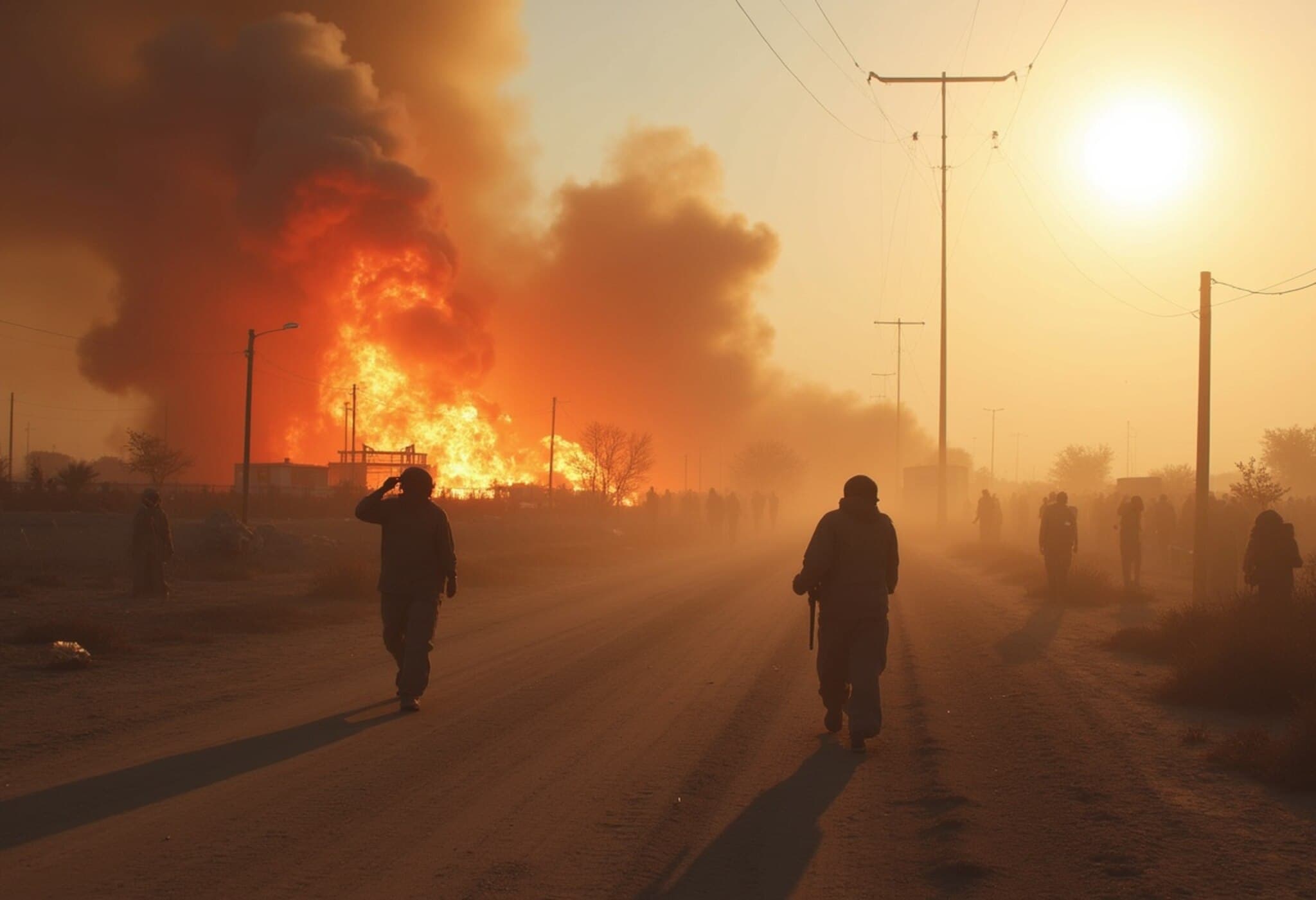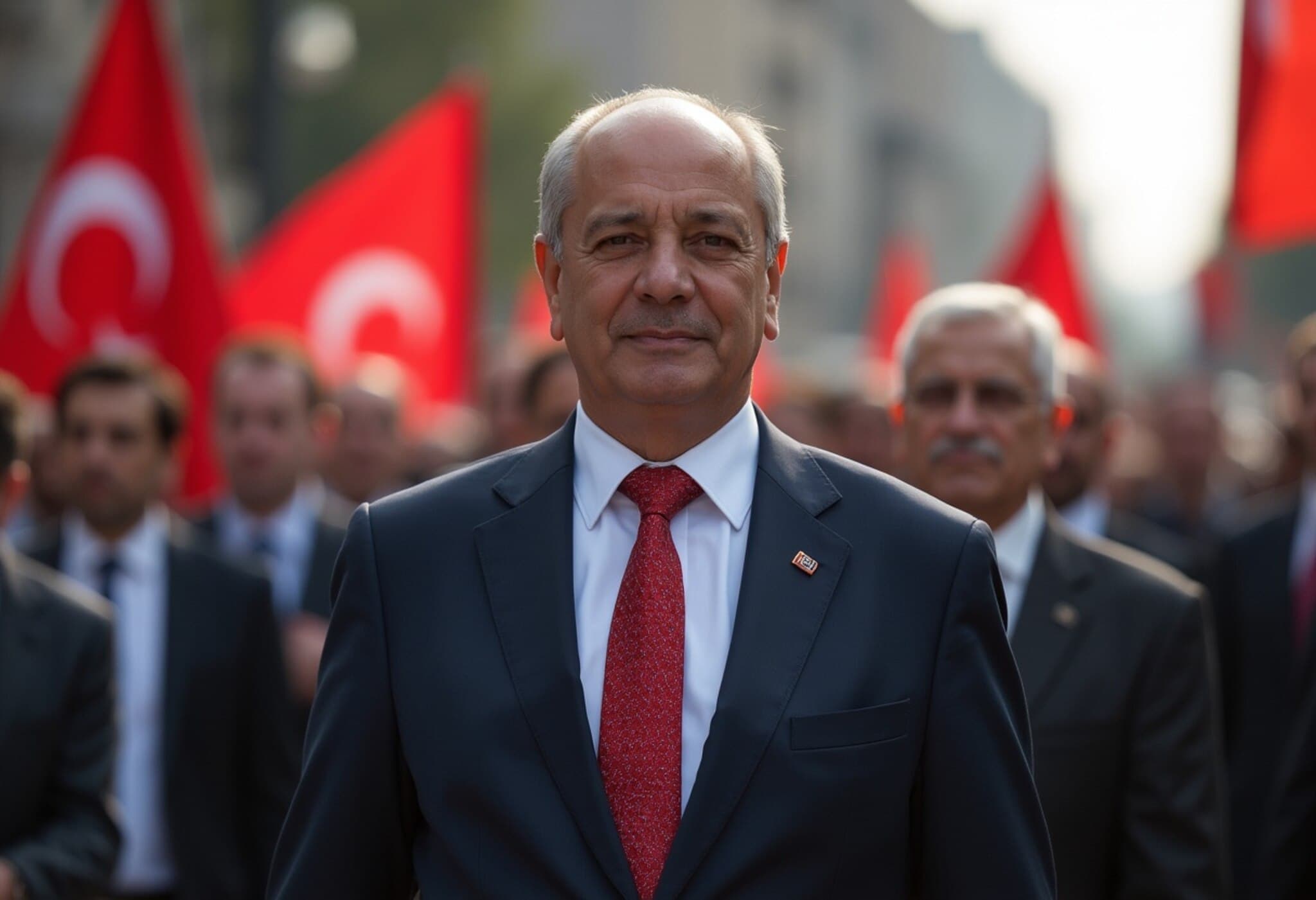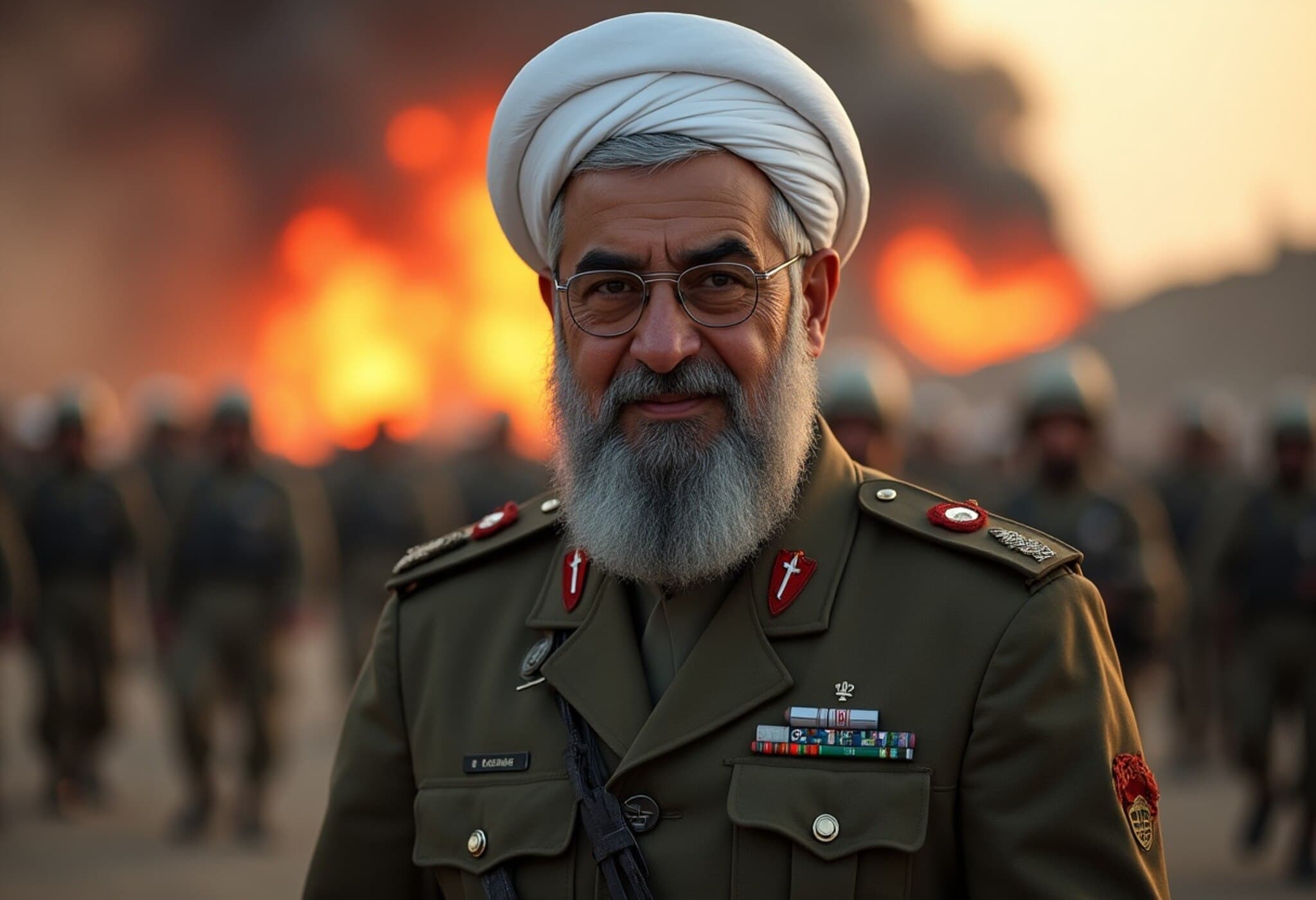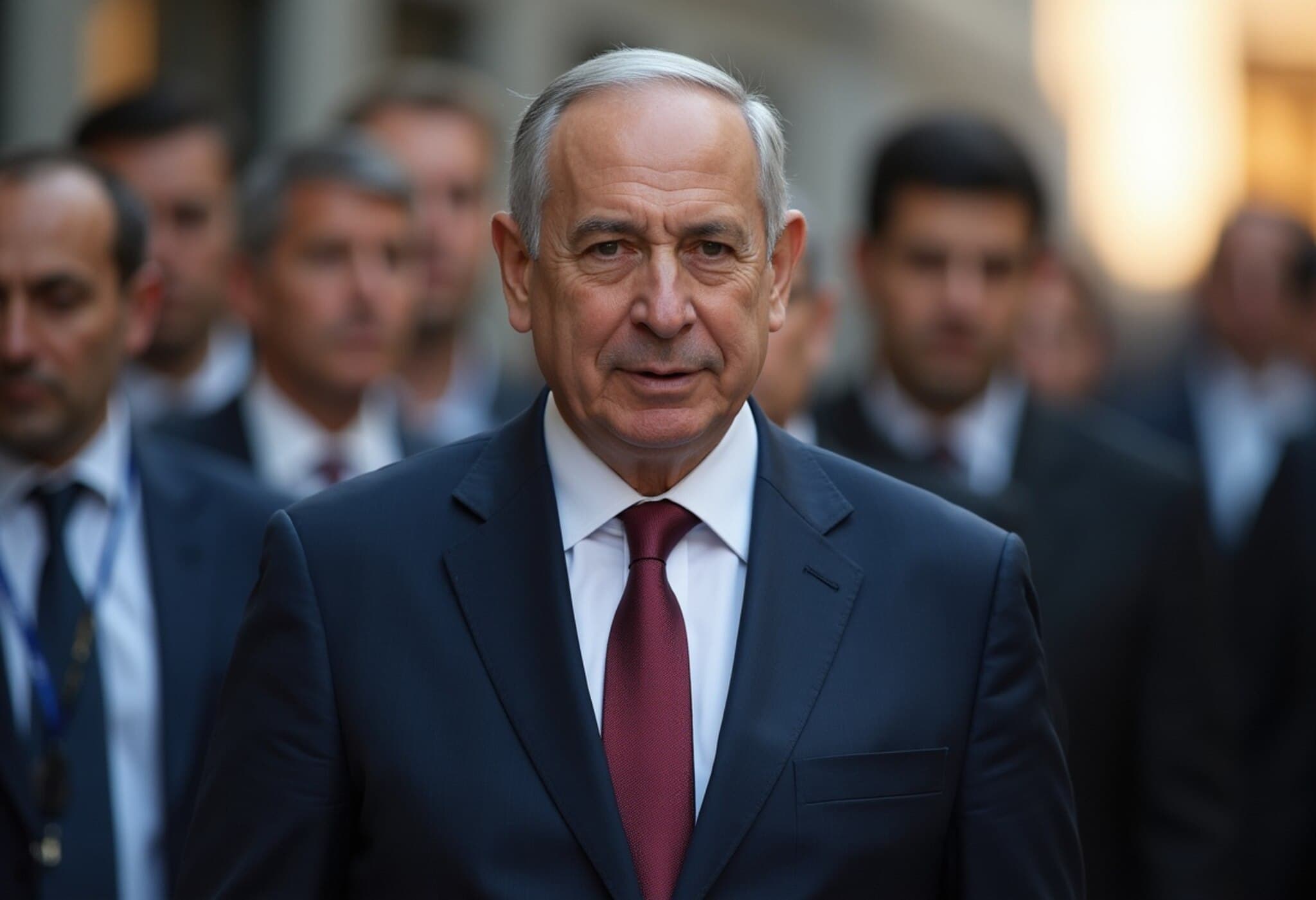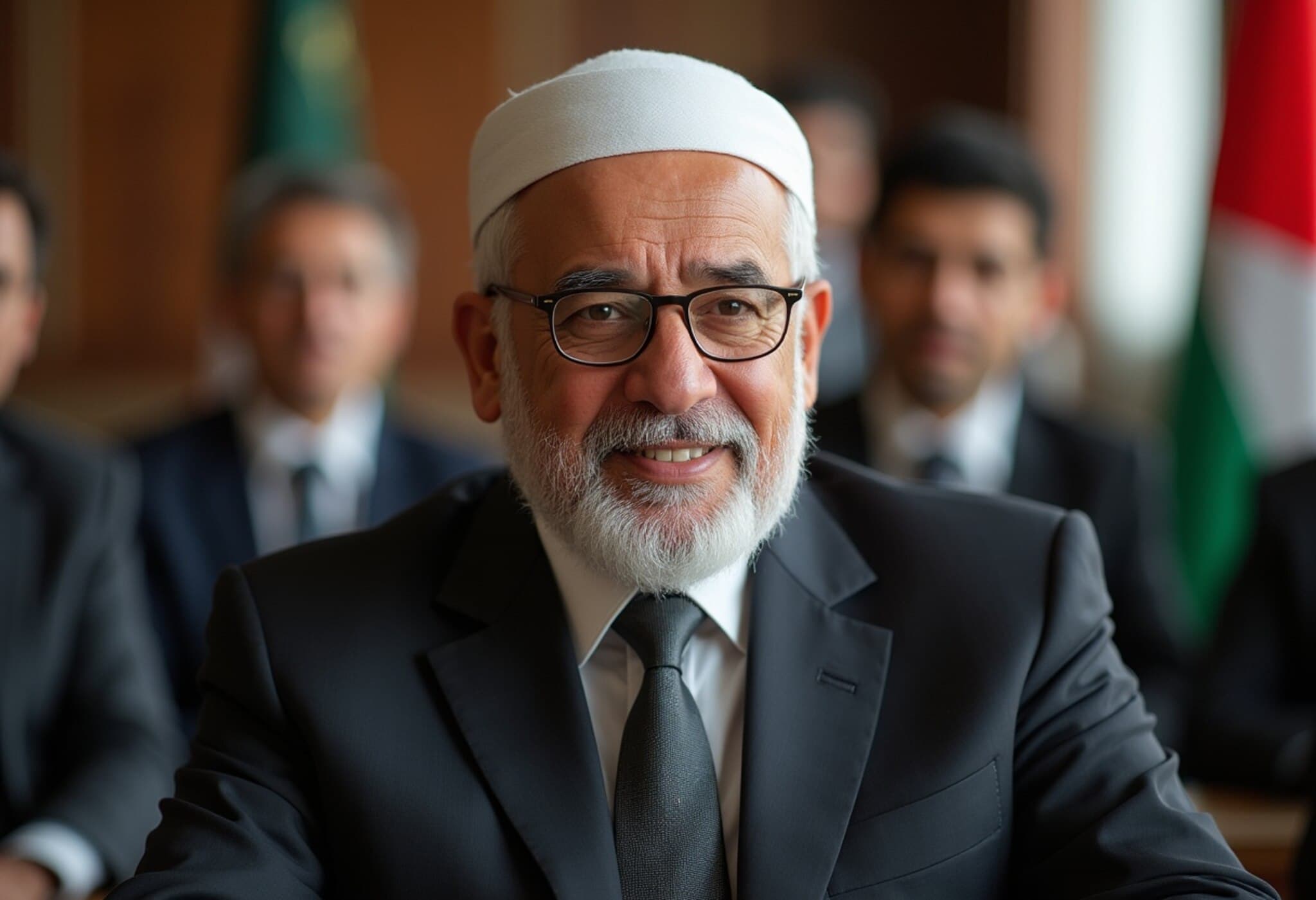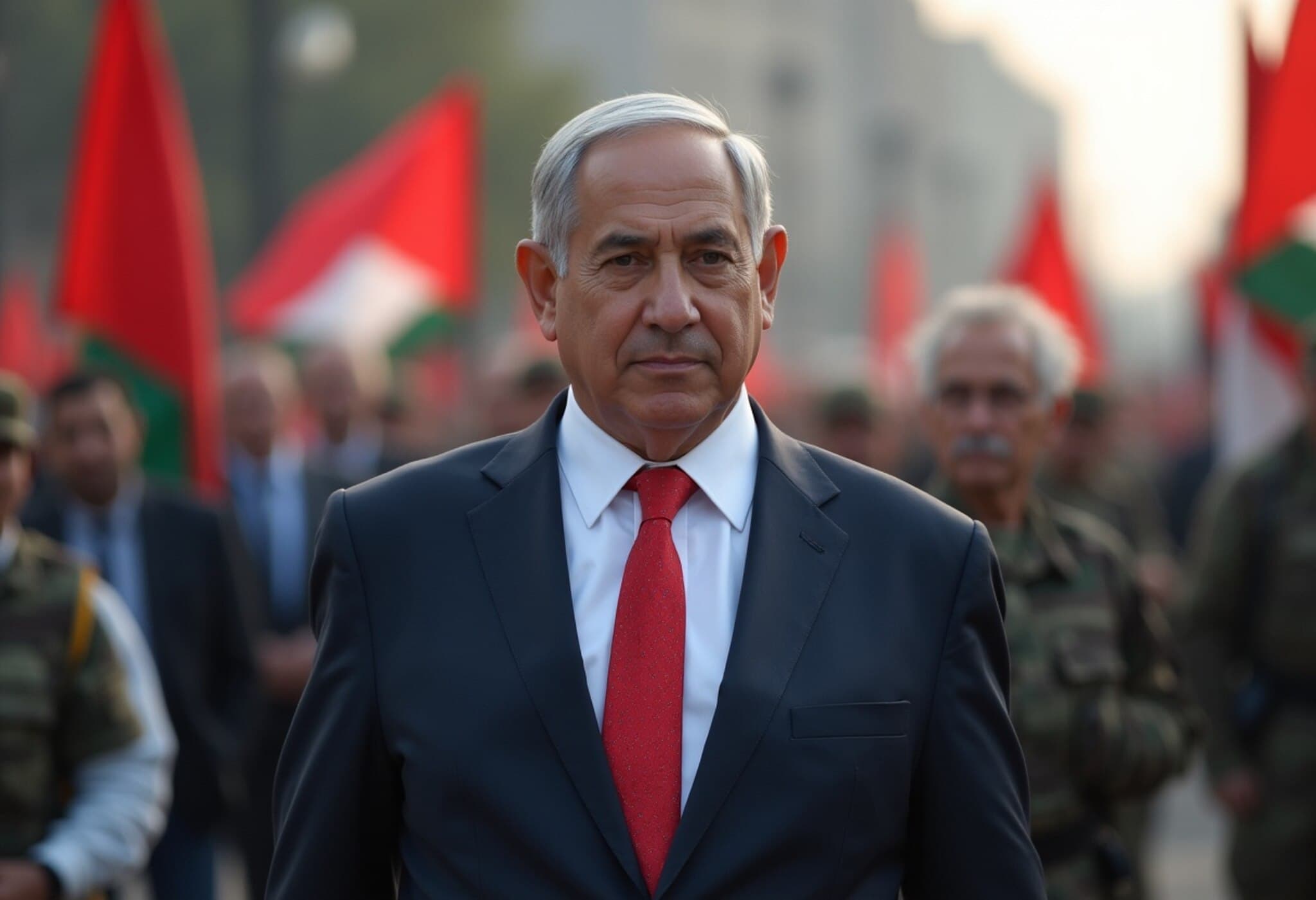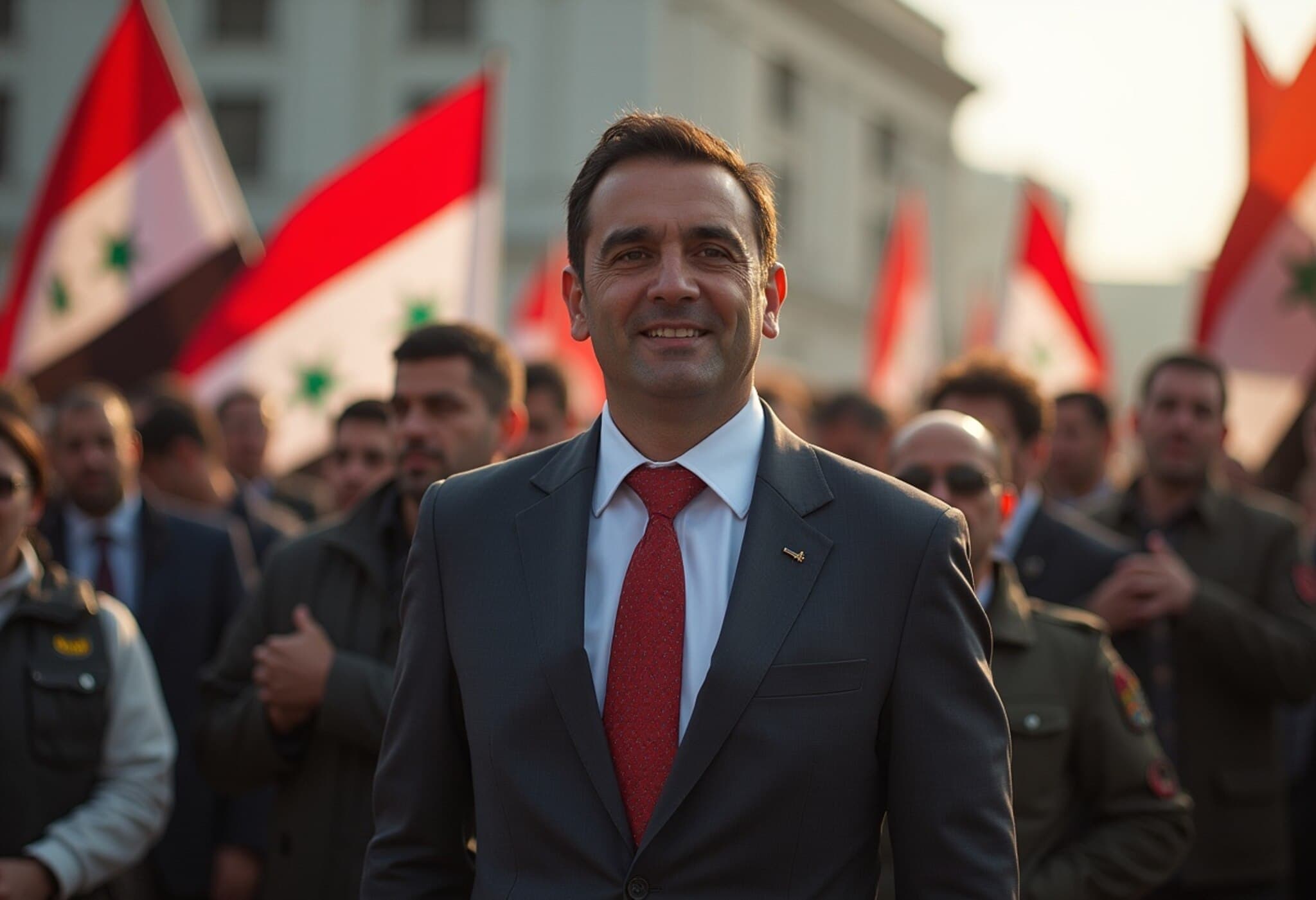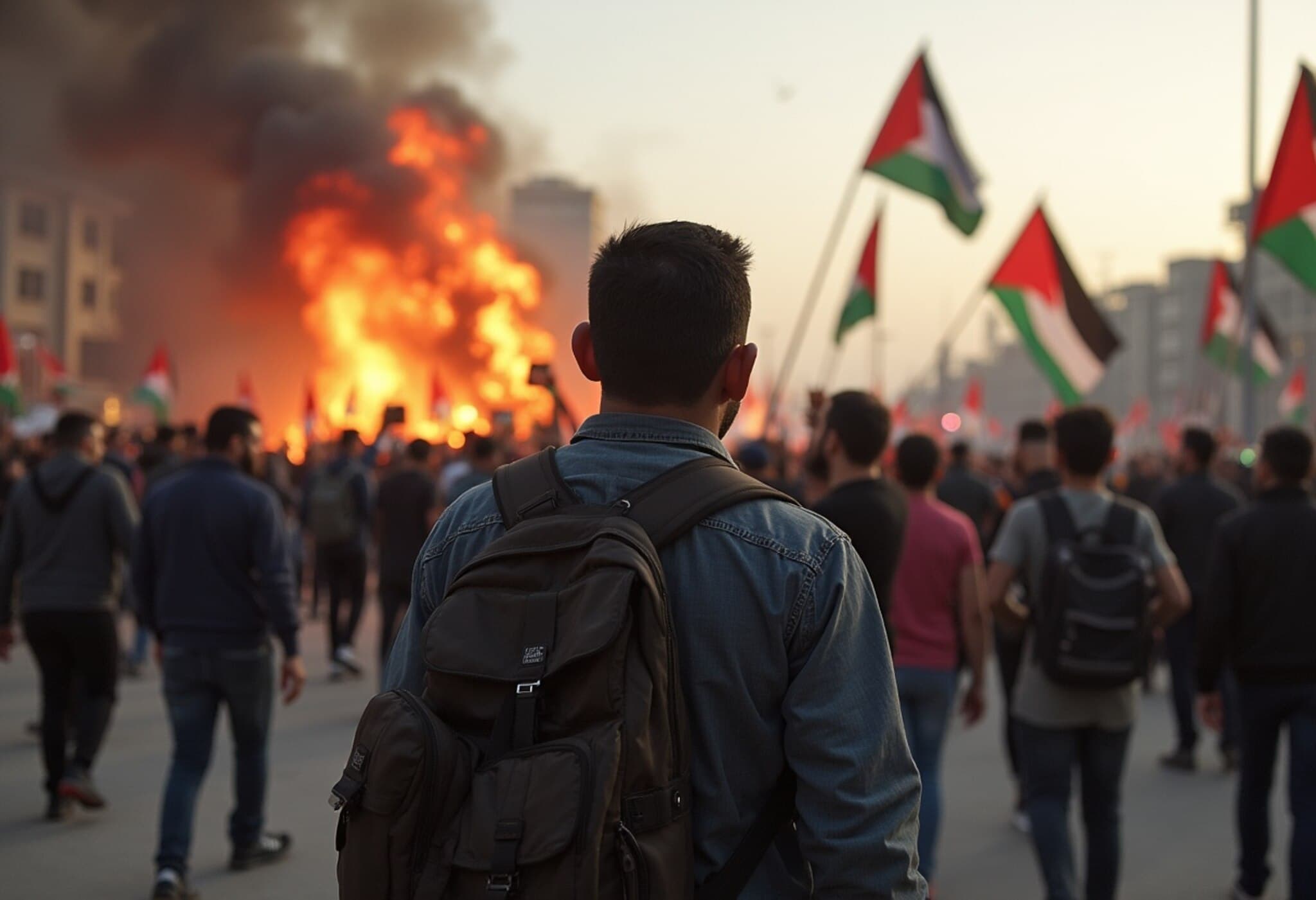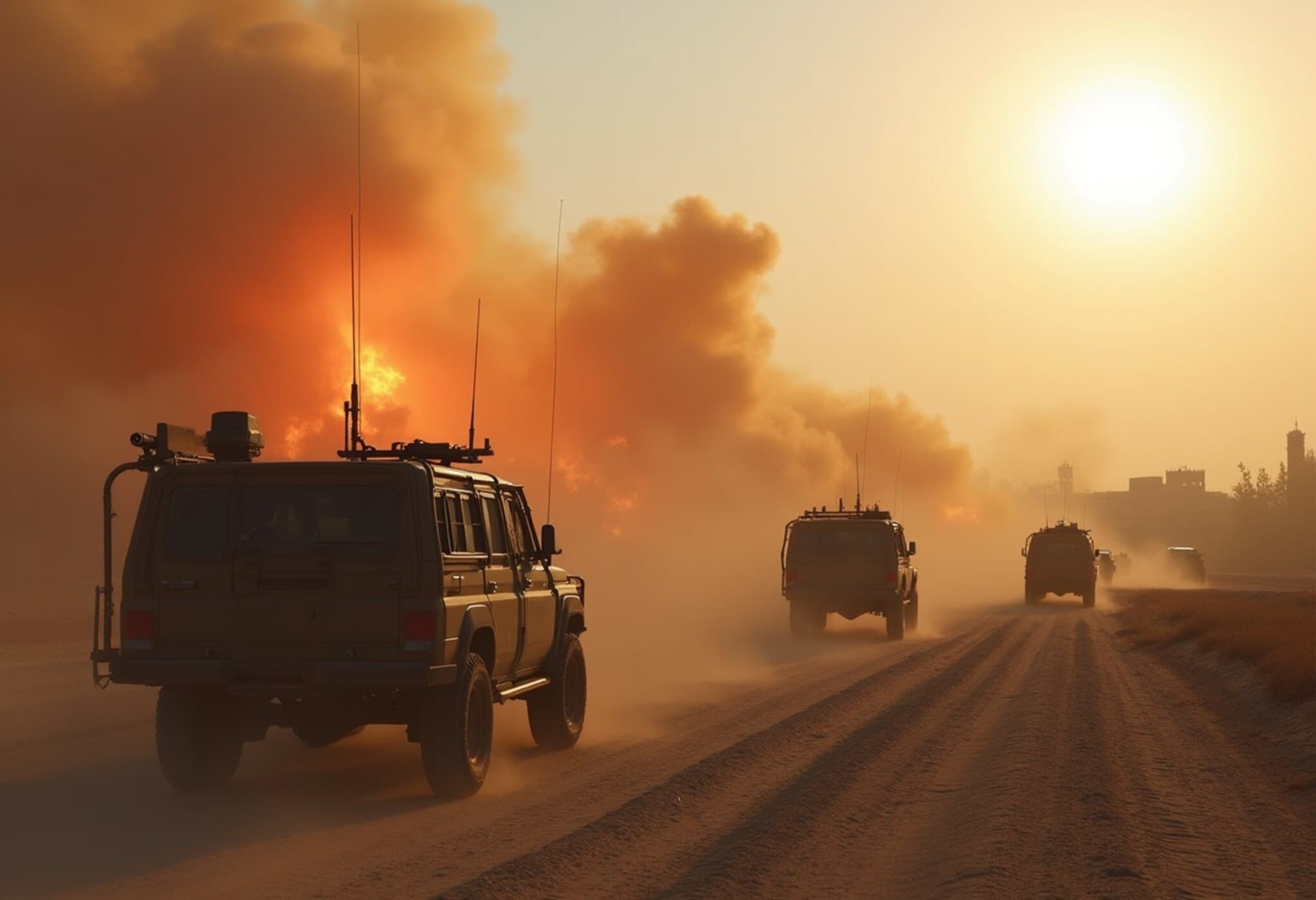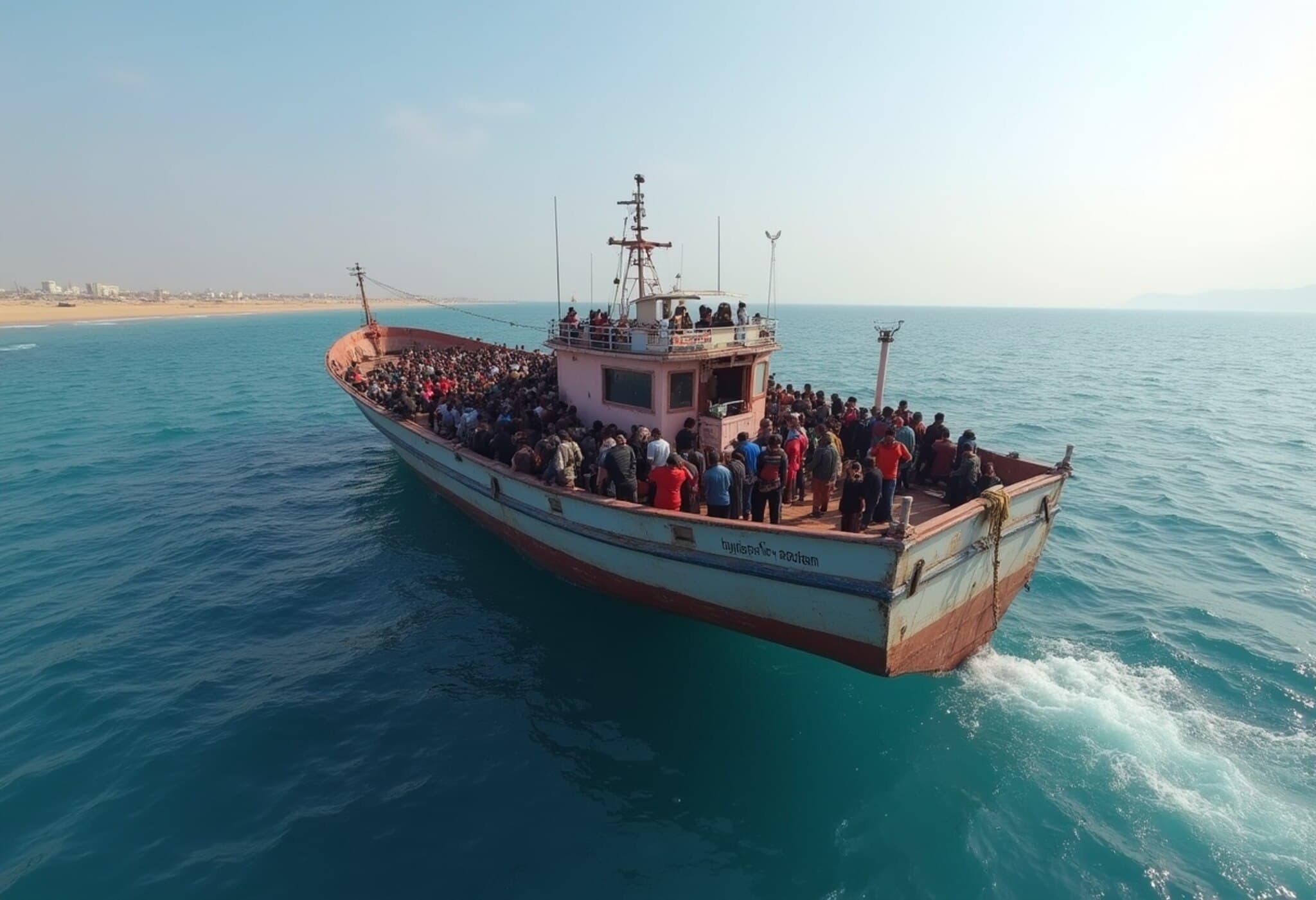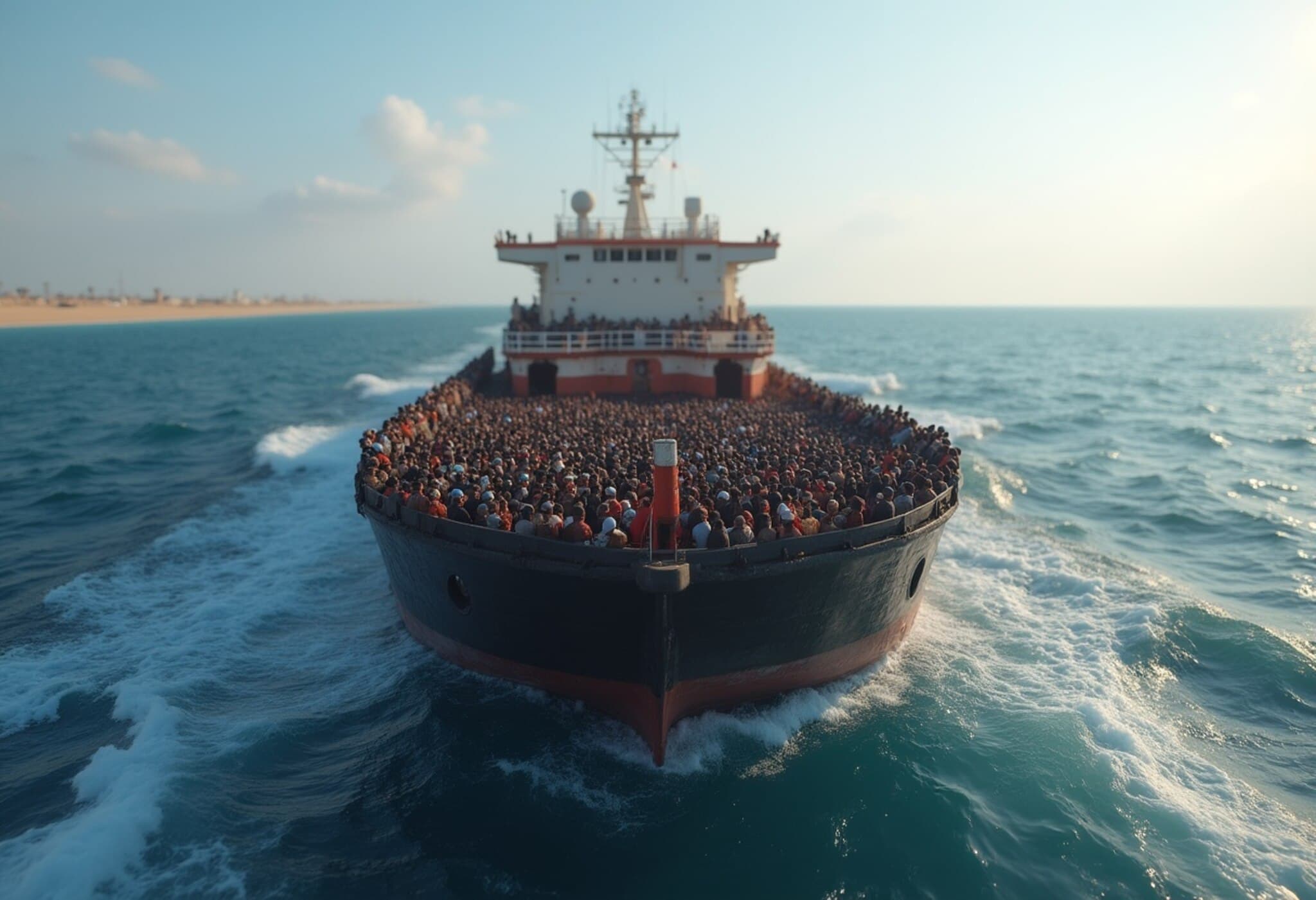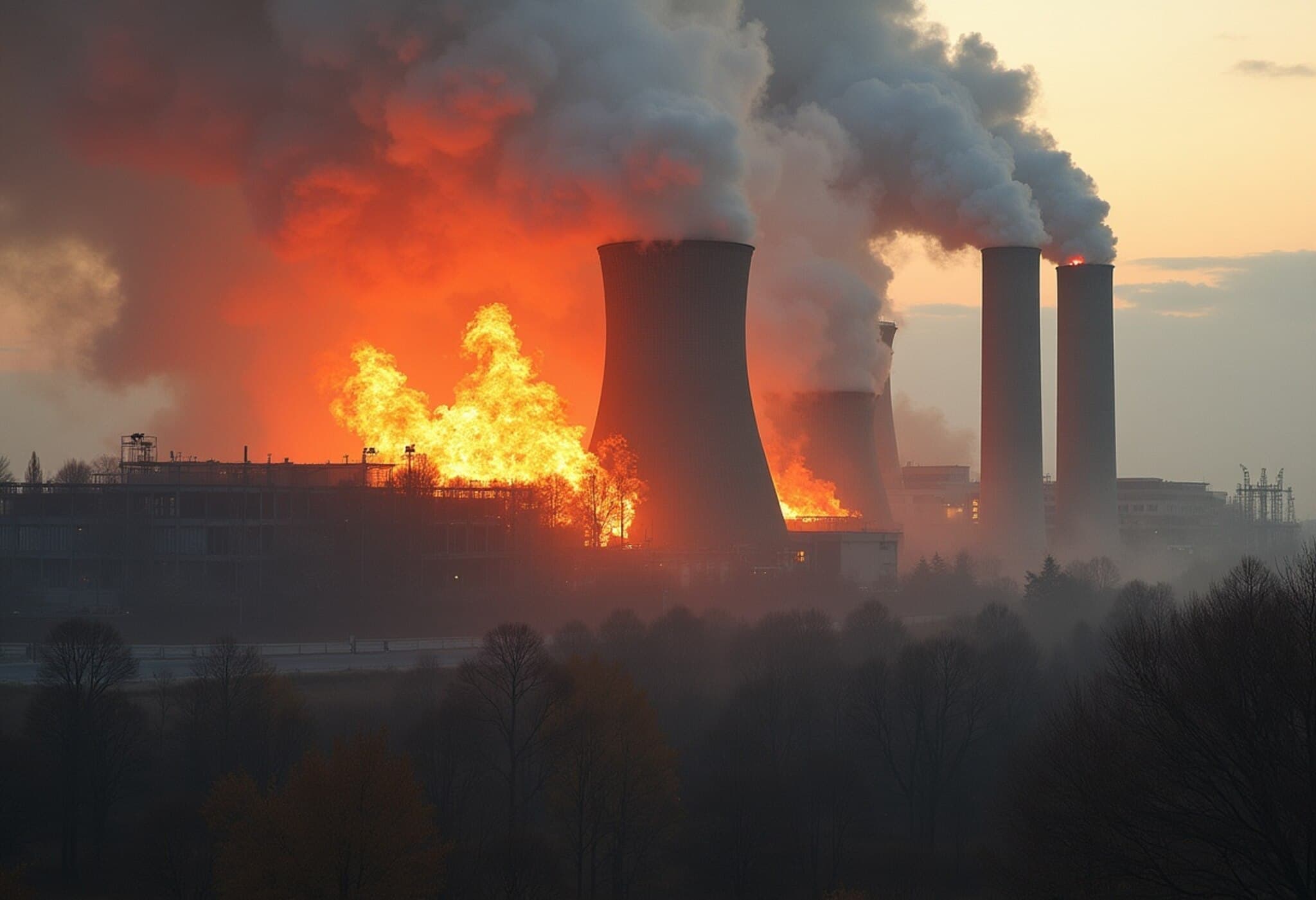Netanyahu Warns Houthis Following Israeli Airstrikes on Sanaa
On August 25, 2025, Israeli Prime Minister Benjamin Netanyahu issued a stark warning to Yemen’s Houthi rebels after the Israeli Defense Forces (IDF) launched targeted airstrikes on military sites within Yemen’s capital, Sanaa. The strikes came in direct retaliation to recent missile attacks launched by the Houthis against Israel, escalating tensions in an already volatile Middle East region.
Details of the Airstrikes
The Israeli Air Force carried out operations targeting multiple critical sites in Sanaa, including the Houthi-controlled presidential palace, the city’s main power plant, and fuel storage facilities that power these installations. Netanyahu emphasized the strategic nature of these targets in a video statement released by his office: “The Houthi terrorist regime is learning the hard way that it will pay and is paying a very heavy price for its aggression against the State of Israel.”
Israeli Leadership’s Resolute Stance
Speaking from the Air Force Command Center in Tel Aviv, Netanyahu reiterated Israel’s firm commitment to self-defense. He stated bluntly: “Whoever attacks us, we will attack him. Whoever plans to attack us—we attack them. I think the entire region is learning Israel’s strength and determination.” This rhetoric echoes ongoing concerns about the Houthis’ expanding military arsenal and their reported use of ballistic missiles equipped with cluster bomb warheads—an alarming escalation first identified during the missile attack from Yemen on August 22, 2025.
Official Claims and Strategic Implications
Defense Minister Israel Katz elaborated further on the operation, claiming the destruction of the Houthi presidential palace and other key infrastructure such as fuel depots and electricity stations. Katz asserted that Israel continues to maintain both air and naval blockades targeting infrastructure that supports Houthi military activities. He emphasized the policy of disproportionate retaliation, stating, “For every missile they launch at Israel, the Houthis will pay many times over.”
- The strikes represent one of the most significant Israeli military actions within Yemen in recent years.
- The Israeli government appears determined to deter further missile attacks amid growing regional instability.
- Military officials including IDF Chief of Staff Lt. Gen. Eyal Zamir and Israeli Air Force Chief Maj. Gen. Tomer Bar were present during the operations, underscoring the strategic importance of the strikes.
Contextual Analysis: Regional Security and International Dynamics
The escalating conflict between Israel and the Houthi movement reflects broader geopolitical tensions across the Middle East. Yemen’s protracted civil war has created a complex battleground where proxy conflicts often play out, involving regional powers like Iran, Saudi Arabia, and now Israel. The Houthis’ acquisition and deployment of advanced weaponry—such as ballistic missiles with cluster munitions—pose significant risks not only for Israel but for civilian populations in the region.
From a U.S. policy perspective, this development underscores the challenges Washington faces in balancing counterterrorism and regional stability objectives. The military escalation risks further destabilizing Yemen, complicating humanitarian efforts and potentially drawing in other external actors. For the American administration, increased dialogue with all stakeholders, as well as stronger international mechanisms to prevent arms proliferation, could be pivotal in curbing the cycle of retaliatory violence.
Human Impact and Underreported Perspectives
While Israeli officials emphasize the military necessity of these strikes, the human toll—six fatalities reported in Sanaa—highlights the tragic consequences of regional proxy wars. Civilians in Yemen, already suffering from one of the world’s worst humanitarian crises, may face intensified hardship as critical infrastructure is targeted. Media coverage often focuses on military and political rhetoric, but the voices of ordinary Yemenis caught in the crossfire remain underrepresented.
Looking Ahead: What to Watch
The situation remains highly fluid, with both sides signaling readiness to continue military actions. Key questions moving forward include:
- Will this cycle of missile attacks and retaliatory strikes spiral further into open conflict?
- How will international actors, including the United States and United Nations, respond to de-escalate tensions?
- What measures can be implemented to protect civilian populations in Yemen from the fallout of this violence?
Editor's Note
This recent chapter in the Israel-Houthi conflict shines a spotlight on the complex interplay of regional security, international diplomacy, and humanitarian concerns. Netanyahu’s vows convey Israel’s unwavering determination to defend itself, yet they also raise pressing questions about the broader ramifications of military escalation. As the Houthis expand their missile capabilities, the ripple effects could reach far beyond Israel and Yemen. For readers and policymakers alike, it is crucial to consider not just the immediate security imperatives but also the enduring human cost and the urgent need for diplomatic solutions to a protracted conflict.

